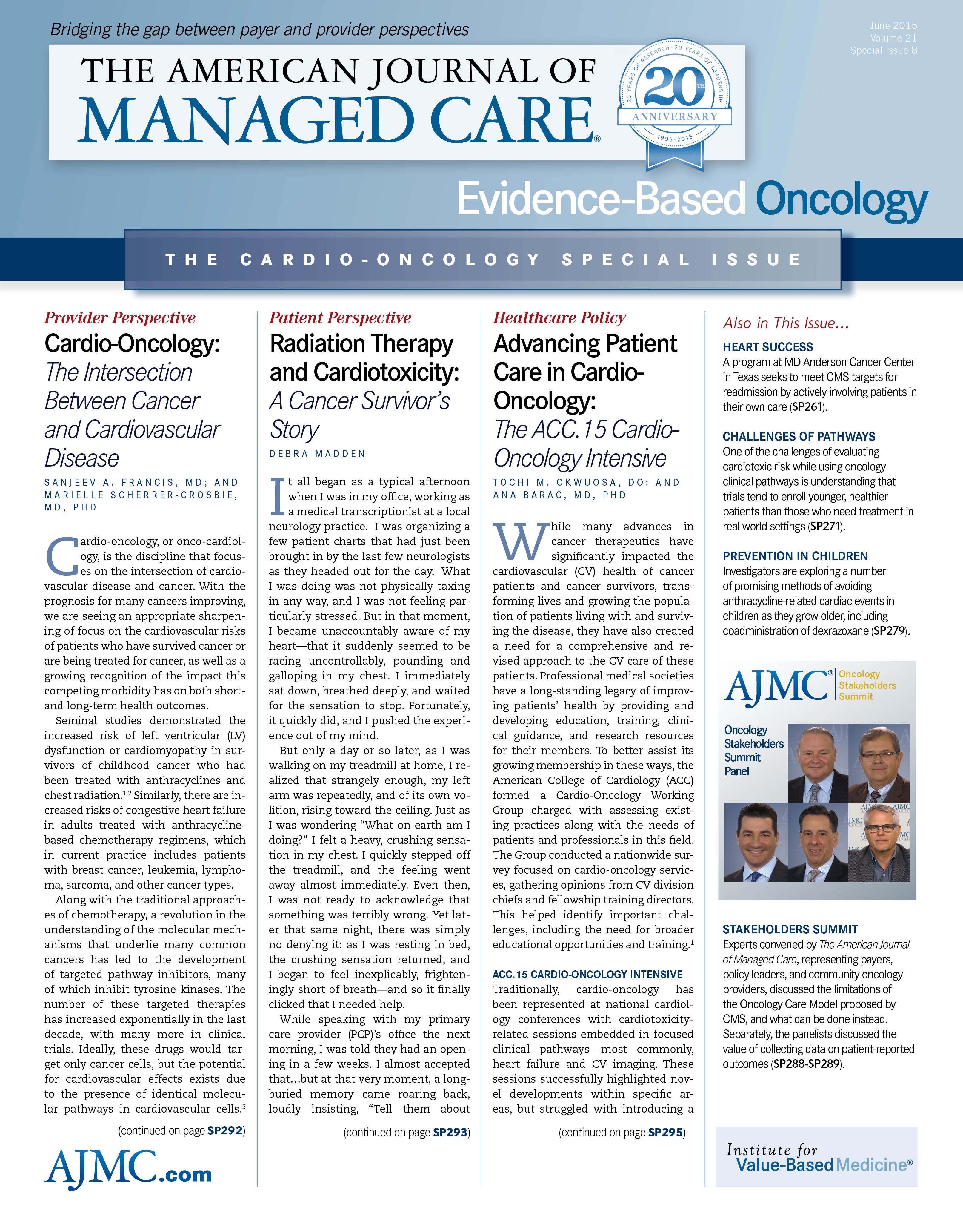- Center on Health Equity & Access
- Clinical
- Health Care Cost
- Health Care Delivery
- Insurance
- Policy
- Technology
- Value-Based Care
Zarxio Yet to See Light of Day in US Market
A US appeals court has blocked Novartis from selling the first biosimilar to be approved in the United States.
When Sandoz, a Novartis company, acquired FDA approval for Zarxio (filgrastim-sndz) a biosimilar to Amgen’s Neupogen in March,1 it drew a fair amount of attention from the pharmaceutical and regulatory observers. Sandoz received praise for its approach and its case presentation to the FDA (the company has nearly a decade of experience marketing biosimilars in the European market).2
Now, a US appeals court has blocked Novartis from selling the product, a recombinant granulocyte colony-stimulating factor that can reduce the incidence of infections in cancer patients receiving immunosuppressant regimens.3 Amgen’s request to block Zarxio was granted by the US Court of Appeals for the Federal Circuit in Washington, DC, on May 5, 2015, the result of a lawsuit filed by Amgen in October 2014 accusing Novartis of failing to divulge certain product information required by law. The suit also alleges patent infringement. Oral arguments on the case were scheduled for June 3, 2015,3 but no decision was made. An email response from Sandoz said, "We look forward to a prompt resolution of the appeal procedure following today’s/June 3rd hearing. We continue to look forward to launching Zarxio as the first US biosimilar in the near future. We have no further comment at this time."
Zarxio’s approval comes subsequent to passage of the Biologics Price Competition and Innovation Act of 2009, a provision of the Affordable Care Act, which recommended the creation of an abbreviated approval path for biosimilars to improve access to innovative products.4 The case has generated tremendous interest in the field, as its outcome will set a precedent expected to impact the numerous biosimilar products currently under development. These products could be less expensive and can be interchanged with an FDA-approved biological product. A survey by the RAND Corporation estimated that biosimilars would save the United States approximately $44.2 billion over a 10-year period.5References
1. FDA approves first biosimilar product Zarxio [press release]. http://1.usa.gov/1A3MCdN. Silver Spring, MD: FDA; March 6, 2015.
2. Sutter S. Sandoz makes first biosimilar review look easy; will future sponsors be as lucky? The Pink Sheet. 2015;77(2):4-6.
3. Court blocks Novartis copy of Amgen cancer-care drug. Wall Street Journal. May 7, 2015. http://www.wsj.com/articles/court-blocks-novartis-copy-of-amgen-cancer-care-drug-1431018258.
4. Implementation of the Biologics Price Competition and Innovation Act of 2009. FDA website. http://1.usa.gov/1tNcIBp. Accessed March 18, 2015.
5. Mulcahy AW, Predmore Z, Mattke S. The cost savings potential of biosimilar drugs in the United States. http://www.rand.org/content/dam/rand/pubs/perspectives/PE100/PE127/RAND_PE127.pdf. Accessed May 21, 2015.


